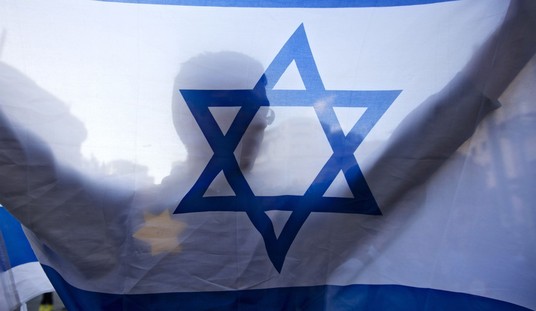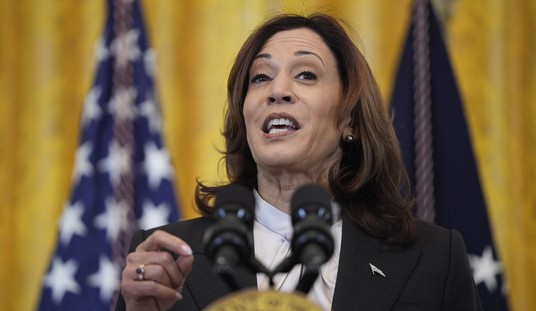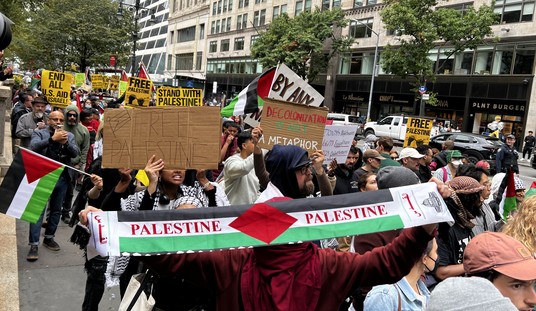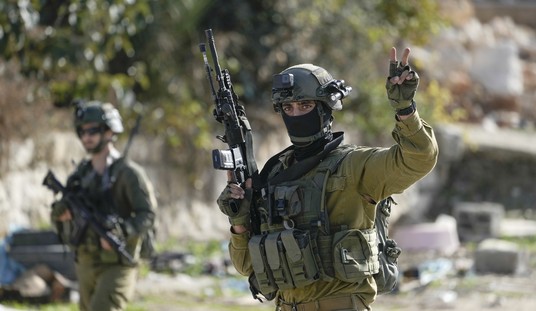As is almost always the case, signs of trouble preceded the latest shooting in Paris, which left one police officer dead and wounded two bystanders before police killed the gunman, later identified as French national Karim Cheurfi, a known criminal with a long, violent record. ISIS claimed to be behind the attack. According to police, a note praising ISIS fell out of Cheurfi's pocket when he fell.
Cheurfi was of Algerian descent, born in a Paris suburb. The Washington Post reported he had a criminal record and was known to authorities. His rap sheet included four arrests and convictions since 2003. He had spent nearly 14 years in prison for crimes that included burglary, theft and attempted murder.
When Cheurfi attempted to buy weapons French authorities took notice, especially when he made statements about wishing to kill police officers. After he traveled to Algeria earlier this year, Paris prosecutor Francois Molins said Cheurfi was interviewed, but a judge refused to revoke his probation. It makes one question not only France's probation laws, but the types of background checks in place that ought to have prevented Cheurfi from legally acquiring any firearm (if he bought it legally), much less the Kalashnikov rifle he allegedly used.
French and other European politicians immediately expressed concern over what effect the shooting and the terrorist attacks that preceded it might have on France's choice of a new president. Rightist candidates immediately tried to exploit the issue, but it has been a subject on the minds of French voters, particularly in Paris, where a major enclave of immigrants from Muslim countries continue to be seen by many as a threat to the French way of life.
Recommended
Cheurfi should have been back in jail for parole violations. Given his record, his statements and the trip to Algeria, enough red flags were raised to warrant action.
A side note. While Algeria has not been a main source of terrorism in the world, the human rights agency Algeria Watch has noted: "Although Algerian nationals were not among the suicide bombers of 11 September 2001, they have featured prominently in subsequent investigations into al-Qaida activities in North America and Europe. In the UK, where an Algerian community has grown as a largely unknown minority in recent years, several dozen Algerians have been arrested since mid-2001 in localities as widely spread as Leicester, Glasgow, Edinburgh, London and Manchester. Arrests in London in January 2003 uncovered a cell producing ricin, while in Manchester, one of the Algerian detainees, 27-year-old Kamel Bourgass, was responsible for killing a police officer -- the first victim in the UK's post-11 September anti-terrorist campaign."
In the United States and other countries in the West, most often someone has to actually break the law before they can be arrested. Given the tactics of terrorists, it might be worth discussing whether to invoke a doctrine of pre-emption, which is sometimes employed when an enemy nation appears to be an imminent threat. If that is an option to prevent death and destruction from countries, why can't we impose something similar for people who have violent criminal records and who openly state, as Cheurfi did, that he intends to kill police?
Western reluctance to adapt such a practice shows there is one force more powerful than the uniformed police. It is the "PC police." These are people who care more about how they feel than for the innocent people gunned down in our streets.
Don't innocents have the right to be protected from fanatics who so often claim to be doing God's work? With ongoing investigations by the Department of Homeland Security into radical terrorists in every state, it's long past time to get them before they get any more of us.

























Join the conversation as a VIP Member